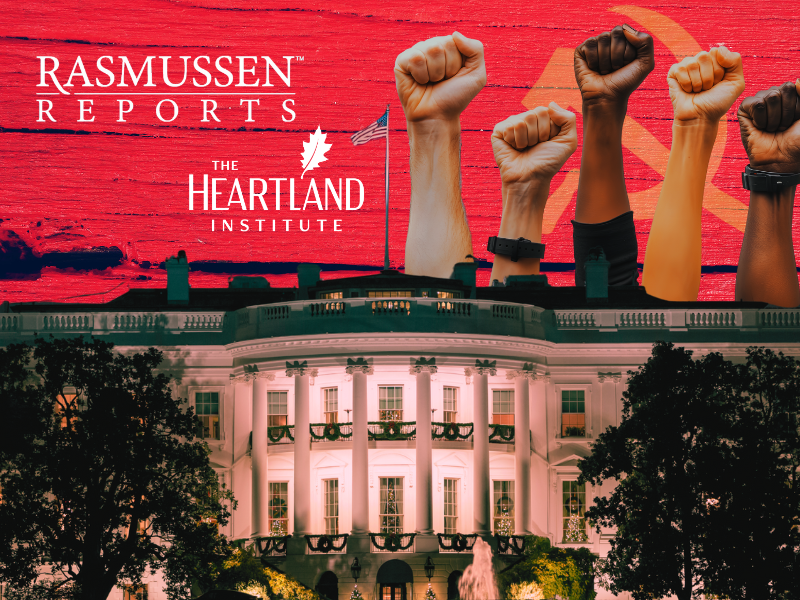With little fanfare, government negotiators from more than 170 countries agreed to an amendment to an existing international treaty that could affect air conditioning and refrigeration systems worldwide.
After seven years of on-again, off-again negotiations, representatives from more than 170 countries gathered in Kigali, Rwanda to put the final touches on an agreement to force a phase-out of the use of hydrofluorocarbons (HFCs) as a coolant in air conditioners and refrigerators, which replaced the use of chlorofluorocarbons (CFCs) as required by the 1987 Montreal Protocol on Substances that Deplete the Ozone Layer.
Although most previous climate change pacts have primarily targeted carbon dioxide, the October 15, 2016, Kigali agreement, which would amend the Montreal Protocol, focuses on HFCs, which the Intergovernmental Panel on Climate Change says has between 437 and 12,000 times as much heat-trapping capacity as carbon dioxide after 20 years in the atmosphere, depending upon the particular HFC type used.
Three-Tiered Agreement
One of the biggest sticking points in the way of a finalizing an agreement was the discrepancy between developed and developing countries in the availability and use of cooling systems. Air conditioners have been in widespread use in the United States for more than half a century and refrigerators for several decades longer. As a result, U.S. manufacturers and consumers arguably could make the transition from HFCs to replacement refrigerants without major disruptions, even if the replacements are more expensive.
Lesser-developed countries are only now reaching the point where refrigerators—and, to a lesser extent, air conditioners—are coming into wider use. For people in developing countries, replacing HFCs with a more expensive coolant would further delay their opportunity to enjoy some aspects of modern life multiple generations of people in developed countries have long taken for granted.
Recognizing this discrepancy, negotiators in Kigali adopted a three-tiered approach. The European Union, United States, and other developed countries pledged to freeze production of HFCs by 2018 and to reduce the use of HFCs to 15 percent of 2012 levels by 2036 as existing refrigeration systems that require HFCs are retired over time. Most of the rest of the world—including Brazil, China, and all of Africa—would freeze HFC use in new products by 2024, reducing their use to 20 percent of 2021 levels by 2045.
A smaller group of countries that regularly experience high temperatures— including India, Iran, Kuwait, Pakistan, and Saudi Arabia—received the most lenient treatment; they don’t have to start freezing HFC production and use until 2028, and they don’t need to meet their reduction target of 15 percent of 2025 levels until 2047.
Presidential Praise
President Barack Obama welcomed the Kigali agreement, saying it “is an ambitious and far-reaching solution to this [climate] crisis,” according to The New York Times.
U.S. Secretary of State John Kerry said, “It is likely the single most important step we could take at this moment to limit the warming of our planet and limit the warming for generations to come,” according to the Times,
Because the Montreal Protocol was aimed at preventing damage to the ozone layer, not preventing climate change, and was a full treaty ratified by the U.S. Senate, legal scholars say the Kigali agreement requires Senate ratification to become binding on the United States.
University of Virginia professor John Setear points out provisions in the Vienna Convention, a 1961 agreement dealing with treaties, makes it clear the Kigali agreement would require Senate approval before it becomes a legally binding part of the Montreal Protocol.
“The Kigali agreement on HFCs is going to require Senate advice and consent by a two-thirds vote in a chamber with a majority of Republicans,” said Setear. “I have a difficult time thinking President-elect Donald Trump would support a measure that he presumably thinks is simply a kow-tow in the direction of Chinese global-warming hoaxsters.”
If the Senate fails to adopt the Kigali amendment to the Montreal Protocol, developing countries governments may also reject the deal, undermining years of negotiations.
Costs, Effectiveness Questioned
Even if Kigali is adopted, questions remain concerning how expensive the HFC ban will be, especially for the poorest people around the world, and what effect, if any, it will have on the climate.
James Taylor, president of the Spark of Freedom Foundation, says the HFC agreement could be a repeat of past mistakes.
“The Montreal Protocol imposed a ban on CFCs before the scientific evidence was in on CFCs’ impact on the so-called ozone hole,” said Taylor. “Assuming climate-change activists are correct global warming is the greatest danger facing the world today, then the Montreal Protocol cure, which resulted in using chemicals even worse for the climate than CFCs, could be worsening the situation.
“Policymakers should be careful to avoid making the same mistake regarding global warming,” Taylor said.
“This is another case of fraud perpetrated in the name of combatting climate change,” said Jay Lehr, science director for The Heartland Institute, which publishes Environment & Climate News. “HFCs are not now and have never been a factor in the climate of our planet, but they were an easy target for activists to scare people, and as usual, the poorest people around the world pay the biggest price.”
Bonner R. Cohen, Ph.D. ([email protected]) is a senior fellow at the National Center for Public Policy Research.
INTERNET INFO
Intergovernmental Panel on Climate Change, “Fourth Assessment Report: Climate Change 2007,” Working Group I: The Physical Science Basis, Section 2.10.2, March 2007: https://www.ipcc.ch/publications_and_data/ar4/wg1/en/ch2s2-10-2.html



